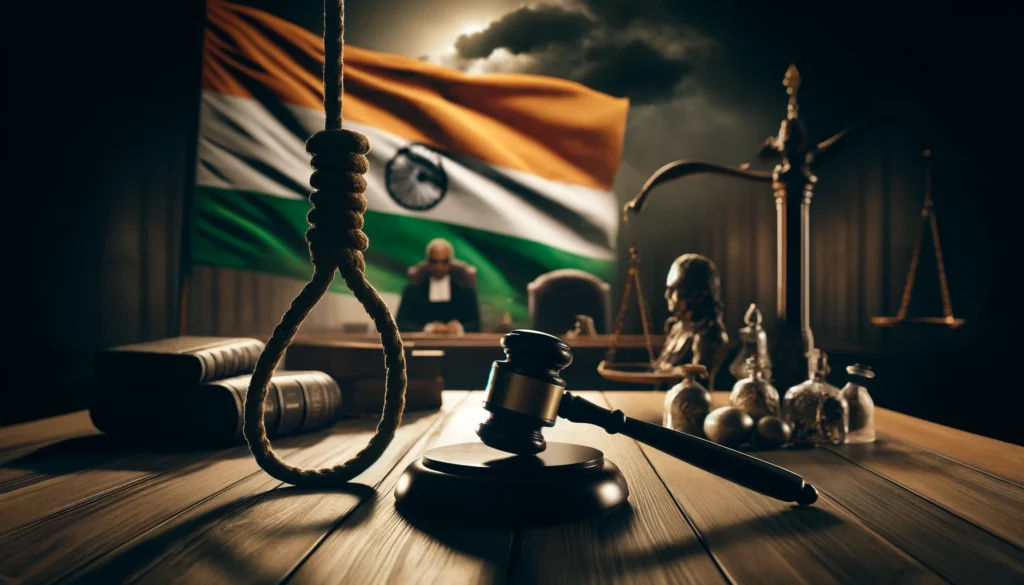Published On: 8 October, 2023
Voting Rights in India
ABSTRACT
This article is based on the Voting rights in India. Firstly, I introduced the topic of the article which is ‘voting rights in India’, the right to vote is a basic human right. After that, the article talks about the right to vote means who has the right to vote in India. This is enshrined in Article 326 of the Indian Constitution. Thereafter, the article contains the methods of voting mentioned in the constitution of India. There are two methods of voting polling booth and postal ballot. In last, it contains the various rights of voters in India
INTRODUCTION
In simpler terms, a vote means a formal indication or choosing a candidate between two or more candidates expressed by casting a ballot or raising your hand. A majority of votes will decide the formal decisions or choices of the persons for the selections of the candidates or party. It allows the voters or elected candidates to cast representatives.
Casting the representative of your own choice is the fundamental right in our democratic country. It is the essential feature of the democratic society which allows the citizens to say who governs them and how. The right to vote is not only a fundamental right, but it is also a responsibility of the citizens because it ensures the voices of all the citizens and also their interest in the government. The right to vote is a basic human right that is protected by the Universal Declaration of Human Rights (1948) and International Covenant on Civil and Political Rights (1966) and in other countries right to vote is also protected by the national constitution.
RIGHT TO VOTE
The right to vote is a fundamental right that is enshrined in Article 326 of our Indian Constitution. This article talks about the voting rights of the citizens in India. According to Article 326 of the Indian Constitution, “the elections to the House of the People and the Legislative Assembly of every State shall be based on adult suffrage; that is, every person who is a citizen of India and who is not less than 18 years of age on such date as may be fixed in that behalf by or under any law made by the appropriate Legislature and is not otherwise disqualified under this Constitution or any law made by the appropriate Legislature on such date.” Initially, an Indian citizen above the age of 35 years was able to vote which was later changed and decreased the limit of age to 21 years. However, the Constitution 66th Amendment Act,1989 has reduced the age of voting for state and Lok Sabha assemblies to 18 years. This Article protects equality among the voters and abolishes discrimination based on caste, race, sex, and gender.
There are various ways to ensure the voting rights of the citizens of the democratic Country which include:
- It includes measures such as automatic voter registration, and early voting.
- Measures such as accessibility, polling places, and voting equipment to make voting accessible to people with disabilities.
- Measures to be aware of the right to vote to the voters to the citizens through education.
Earlier, Indian citizens who lived outside the territory of India were able to give or choose the representative of their own choice through the amendment of the Representative of the People Act, of 1950. He/she must vote in person and present her passport in its original form to prove identity at the polling place. Later, in the Parliament session in 2017, the government removed the restriction imposed by section 20A of the Representation of the People Act. The bill provides that non-Indian voters are also able to appoint a proxy to cast their votes on their behalf. Some conditions are laid down in the Conduct of Election Rules, 1961.
PERSONS WHO HAVE RIGHT TO VOTE
As mentioned above, according to article 326 of the Indian constitution, all Indian citizens who are above the age of 18 years, must be of sound mind and also who have registered as voters can give a vote. If a citizen qualifies to vote in India, then the person can vote in the national, state, district as well and local government body elections, and no one can prevent or detain them from voting. As per the voting rules, an Indian can cast only one vote, must have a voter ID or election card, and only cast a vote at the registered constituency. An individual is not permitted to participate in the electoral process if they have not registered or do not possess a voter ID.
The rules related to the disqualification of voters from the electoral process are also enshrined in the Indian Constitution. The rules are mentioned below:
- An individual who is convicted under the offenses committed under sections 171E and 171F of the Indian Penal Code is disqualified from the election process.
- If the individual votes in more than one constituency, as a result, his vote is disqualified.
- An individual who is convicted under section 125, section 135, and section 136 of the Representation of People’s Act is disqualified from casting the vote.
HOW CAN GIVE VOTE
Citizen can cast their vote by two methods which are mentioned in the Indian Constitution:
- Visiting by Booth:
In India, a person can cast their vote at the polling booth but the person is required to qualify the eligibility criteria of the electoral process. this prevents fake voting on the person’s behalf.
- Postal ballot:
In this method, the vote is cast via post. In special cases, voting is done by post which is known as postal ballot. An individual who is not able to visit the polling booth due to certain reasons or difficulties used the postal ballot method. Ex-soldiers, policemen who are on duty, and people on preventive detention.
RIGHTS OF VOTERS IN INDIA
Certain rights are given to the voters of India by the Election Commission of India. These rights of the voters are safeguarded by the constitution of India. Some rights of the voters are mentioned below:
- Right to Know:
The right to know is enshrined in our constitution under Article 19, which says that all voters have the right to know about the candidates who are contesting the election. This article also gives power to the voter to know about the details and records of the candidate.
- Voting rights of NRIs:
The NRI are those persons of the country who are living at the place of residence for the reason of employment or any other reason but they still have the right to vote. As we discussed above, earlier NRIs did not have the right to vote, later on, an amendment was passed in 2010 which allowed the NRIs to vote.
- Right not to vote (NOTA):
NOTA stands for none of the above. This right was granted to the voters not to vote. In this, a voter participates in the election but does not choose any contesting candidate in the election. The voter exercises this right when he/she feels that none of the candidates is not worthy of the selection and in this case, voters choose NOTA.




